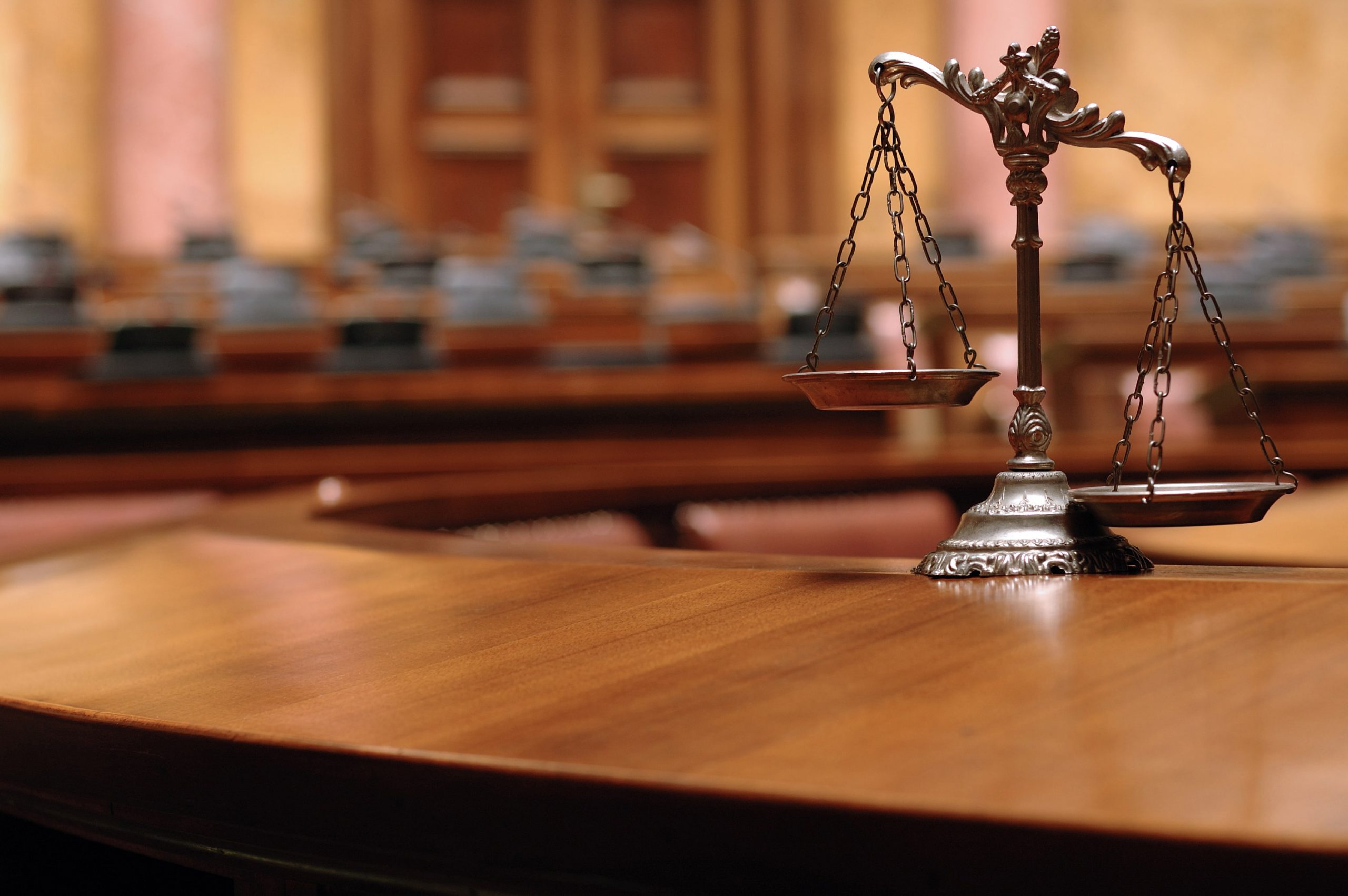Just How a Lawyer Can Help with Your Habeas Corpus Petition
Just How a Lawyer Can Help with Your Habeas Corpus Petition
Blog Article
Understanding the Role of a Post-Conviction Legal Representative in Looking For Justice After a Criminal Sentence
In the complicated landscape of post-conviction legal proceedings, the duty of a post-conviction legal representative is essential in navigating the path to justice after a criminal sentence. Beyond the confines of a test, these lawyers participate in a complex technique focused on uncovering brand-new evidence, challenging lawful errors, and advocating for their customers' legal rights. The complexities of post-conviction work call for a blend of lawful acumen, investigatory skills, and critical believing to unwind the complexities of an instance and go after avenues that might have been ignored or underexplored. As the pursuit of justice expands beyond the confines of first procedures, the role of a post-conviction legal representative becomes a sign of expect those looking for to correct injustices and redeem their civil liberties within the lawful system.
Post-Conviction Lawyer's Investigatory Work
Post-conviction lawyers involve in precise investigative work to reveal new proof, step-by-step errors, or transgression that might possibly cause reversing a conviction. This investigatory phase is crucial in the post-conviction procedure as it aims to recognize any forgotten details or lawful mistakes that might have affected the outcome of the preliminary test. Post-conviction attorneys delve into instance data, witness testimonies, and legal documents with a fine-tooth comb, browsing for any kind of inconsistencies or abnormalities that might be premises for appeal.
Through comprehensive examination, post-conviction legal representatives aim to shed light on prospective oppressions that might have taken place throughout the original trial. By scrutinizing every aspect of the legal procedures, post-conviction lawyers function relentlessly to reveal any kind of factors that may have influenced the verdict.
Crafting Appeals and Petitions
In the pursuit of justice after a conviction, knowledgeable legal representatives meticulously craft appeals and requests to present compelling disagreements for the reconsideration of legal decisions. Crafting appeals and petitions requires a deep understanding of the legal system, attention to detail, and strategic thinking. Post-conviction lawyers analyze trial records, identify possible mistakes or offenses of rights, and create lawful arguments to test the sentence or sentence.
When crafting an allure, lawyers concentrate on highlighting legal mistakes that might have affected the result of the case. They look into instance legislation, statutes, and legal precedents to support their disagreements. Petitions, on the various other hand, may entail presenting new evidence that was not available during the trial or showing modifications in the regulation that warrant an evaluation of the conviction.
In addition, post-conviction lawyers must abide by strict step-by-step regulations and due dates when filing appeals and requests. They need to offer their debates plainly and persuasively to persuade the court to give relief to their clients. Via precise crafting of charms and petitions, post-conviction lawyers strive to safeguard justice for individuals who have actually been wrongfully convicted or unjustly sentenced.

Going After Post-Conviction Alleviation
Post-conviction alleviation incorporates an array of legal mechanisms developed to challenge the legitimacy of a sentence or sentence. Post-conviction legal representatives play a crucial function in navigating these complex treatments, ensuring that all legal choices are discovered to rectify oppressions that might have occurred during the test or sentencing stage.
One usual type of post-conviction alleviation is submitting an application for post-conviction relief, usually based on cases of inefficient assistance of advice, prosecutorial misconduct, freshly uncovered evidence, or constitutional violations. Experienced post-conviction legal representatives have the skills and knowledge needed to identify sensible lawful cases, conduct examinations, and present compelling arguments to safeguard alleviation for their customers.
Making Use Of Forensic Evidence
When challenging a sentence or sentence, the critical usage of forensic evidence can be a powerful tool in post-conviction lawful proceedings. Forensic evidence encompasses a wide variety of scientific strategies made use of to explore criminal activities and develop truths in court. Post-conviction lawyers can leverage forensic proof to test the legitimacy of convictions by presenting brand-new clinical findings that were not readily available throughout the initial trial.

Taking Part In Sentence Alterations
Post-conviction legal representatives might check out the opportunity of sentence alterations as a lawful method to resolve out of proportion or unfair sentences bied far in criminal situations. Sentence adjustments involve seeking changes to the regards to an offender's sentence after a sentence has taken place. These modifications can consist of lowering the size of a sentence, changing the sort of punishment enforced, or checking out alternate sentencing options.
Post-conviction lawyers can seek sentence adjustments with various lawful systems, such as filing motions for sentence decrease, appealing for caring release, or bargaining appeal deals for reduced sentences. They have to very carefully evaluate the circumstances of the instance, examine the legal premises for seeking a modification, and existing compelling debates to the court supporting the need for a modified sentence.
Participating in sentence alterations needs an extensive understanding of criminal law, punishing guidelines, and the details procedures associated with seeking post-conviction alleviation. Post-conviction attorneys play an essential duty in promoting for reasonable and just end results by difficult sentences that are unduly rough or do not line up with the principles of justice.
Conclusion
To conclude, the duty of a post-conviction attorney is important in seeking justice after a criminal sentence. Through investigatory job, crafting appeals and requests, going after post-conviction alleviation, utilizing forensic proof, and taking part in sentence modifications, these lawful professionals play an important duty in promoting for their customers and ensuring that their legal rights are upheld within the criminal justice system. Their commitment and know-how are important in browsing the complexities of post-conviction procedures and attaining a fair end result for individuals dealing with criminal sentences.
Report this page